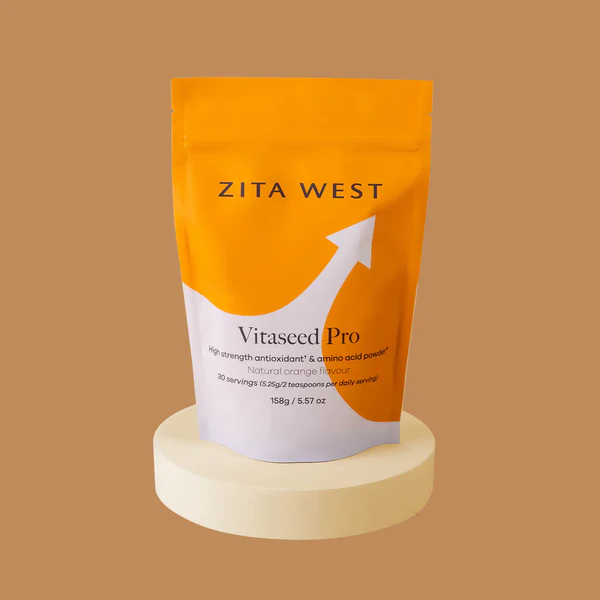
Article
Article
Posted on
Maintaining good gut health during pregnancy is crucial for both the mother and the developing baby.

Here’s why gut health is important and how it impacts pregnancy:
A healthy gut can help manage and reduce nausea and vomiting, common issues during the first trimester. Pregnant women often experience constipation due to hormonal changes. A healthy gut can improve digestion and regularity.
Good gut health ensures better absorption of essential nutrients like folate, iron, calcium, and vitamins, which are critical for the baby's development and the mother's health.
A balanced gut microbiome aids in the effective breakdown and absorption of these nutrients.

A healthy gut microbiome supports the immune system, helping to protect both the mother and the developing baby from infections. Good gut health can reduce inflammation, which is beneficial as chronic inflammation can negatively impact pregnancy outcomes.
The gut microbiome plays a role in hormone production and regulation, which can influence mood and overall well-being during pregnancy. A healthy gut can help manage stress and anxiety, which are often heightened during pregnancy.

The mother’s gut health directly influences the baby’s microbiome, especially during vaginal birth and breastfeeding. A healthy microbiome can contribute to the baby’s immune system and overall health.
Good maternal gut health may reduce the risk of allergies and eczema in the baby.

To support a healthy gut microbiome, it's important to include a variety of nutrient-dense foods like fruits, vegetables, whole grains, and lean proteins. While indulging in cravings is normal, prioritising fibre-rich foods and fermented products like yogurt can help keep the gut flora balanced. Drinking plenty of water and avoiding excessive sugar and processed foods will also contribute to overall gut health and well-being.
However it is important to note that you and baby are priority, and whilst these foods listed support overall gut health, it's important to not put pressure on yourself. Especially when your stomach might be more sensitive and those foods not so easily tolerated.

Practice stress-reducing activities such as deep breathing, meditation, or prenatal massages to support gut health.
Only use antibiotics when prescribed by a healthcare provider, as they can disrupt the gut microbiome.
Gut health is crucial in pregnancy because it helps with digestion and ensures that essential nutrients are absorbed effectively, which is vital for both the mother and the developing baby. A healthy gut can also reduce common pregnancy issues like nausea and constipation.
A mother's gut health even affects the baby's health, potentially lowering the risk of allergies and strengthening their immune system. Eating a balanced diet, staying hydrated, and incorporating probiotics can all contribute to good gut health during pregnancy.
Learn more about the importance of a healthy gut microbiome during pregnancy here.

Article

Article

Article